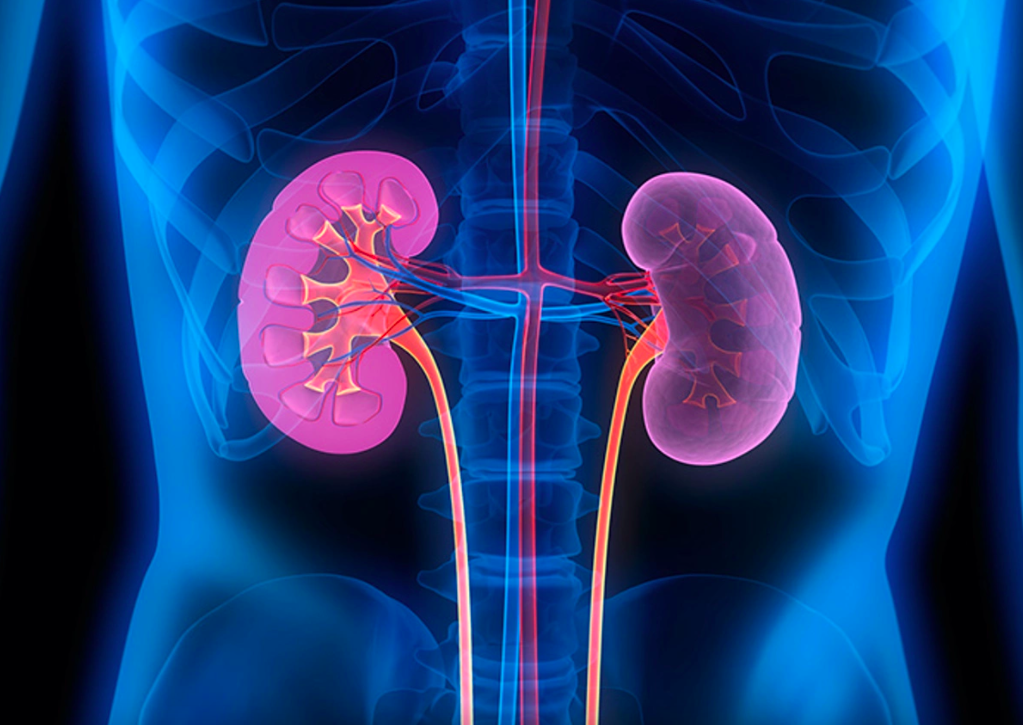Glomerulonephritis describes inflammation and damage to the glomeruli, the microscopic filtering units in the kidneys, according to Dr. Cao Thi Nhu of the Nephrology, Urology and Dialysis Center at Bach Mai Hospital. This condition impairs the body's ability to eliminate waste and excess fluid, and can lead to kidney failure if left unchecked.
There are many causes of glomerulonephritis, including infections. Some people can develop acute glomerulonephritis after a bout of strep throat. Autoimmune disorders, where the body's immune system mistakenly attacks its own cells, including the glomeruli, are another cause. Other factors include diabetes and poorly controlled long-term high blood pressure, which are also significant risk factors for glomerular damage.
Although rare, some forms of glomerulonephritis have a clear genetic basis. Alport syndrome, the most prominent genetic disorder, not only causes progressive kidney damage but can also affect hearing and vision. Families with a known history of Alport syndrome or other hereditary kidney diseases should seek early consultation and screening for family members.
Some types of glomerulonephritis tend to occur in multiple family members. Shared environmental factors such as diet, lifestyle habits, and other environmental influences may play a role in triggering the disease.
 |
Image of healthy kidneys in a normal person. Photo: KUMC |
Early recognition of the signs of glomerulonephritis is crucial for timely treatment and prevention of chronic kidney disease complications. "The disease can progress silently, so don't be complacent when symptoms appear," Dr. Nhu said.
The most noticeable symptom is edema, swelling in the face, around the eyes, feet, and ankles. This is a common sign because the kidneys are unable to remove excess fluid. Other signs include blood in the urine, giving it a pink, red, or cola color, or foamy urine, especially if the foam persists.
Additional symptoms, such as unexplained high blood pressure, especially in young people, fatigue, loss of appetite, nausea, and decreased urine output, often appear when kidney function has significantly declined.
Dr. Nhu recommends that anyone experiencing any of these signs, or with a family history of kidney disease, should proactively seek specialized medical attention for early examination, diagnosis, and treatment. Early detection plays a decisive role in preserving kidney function and improving the patient's quality of life.
Le Nga












